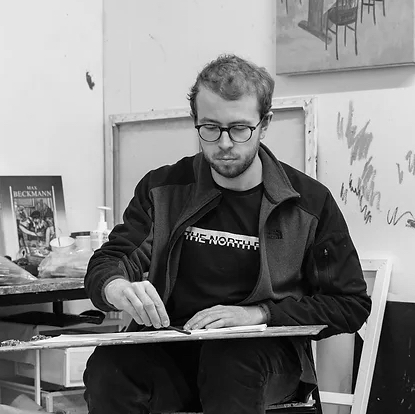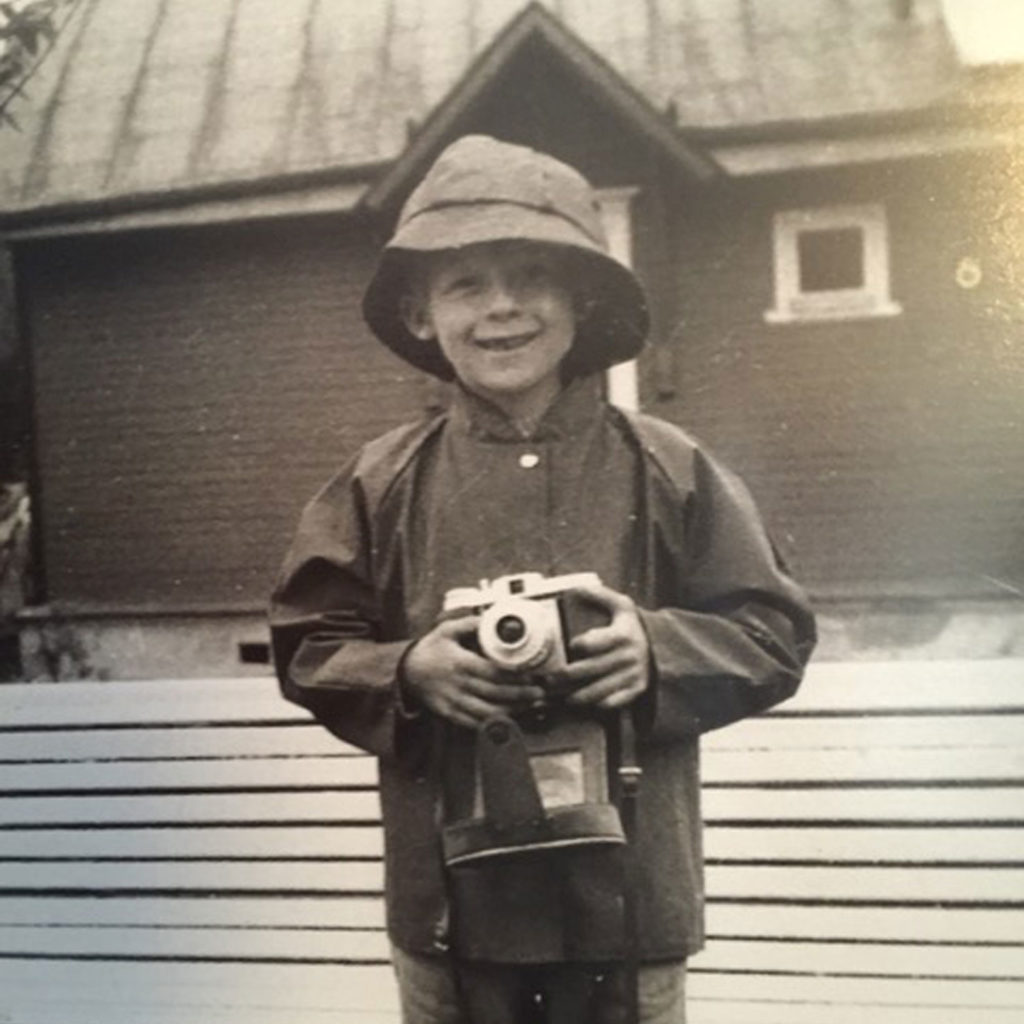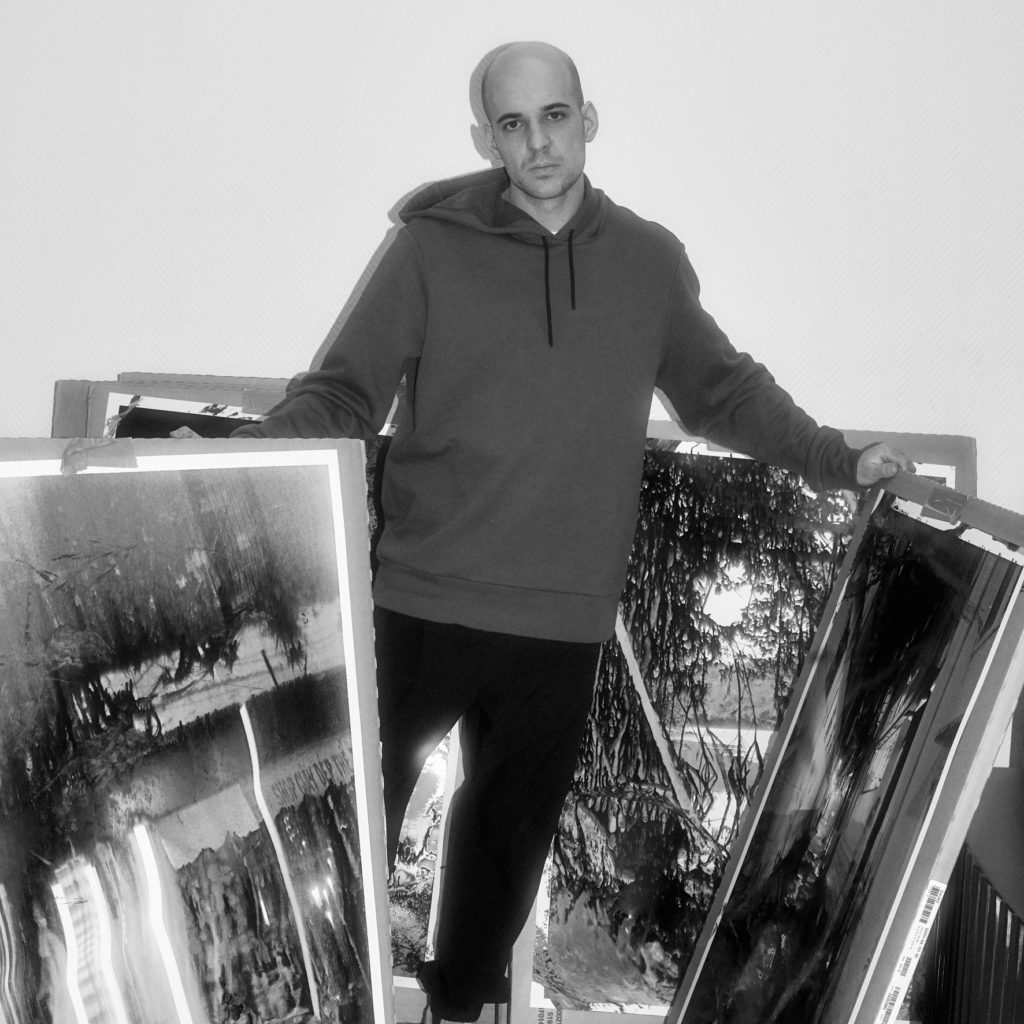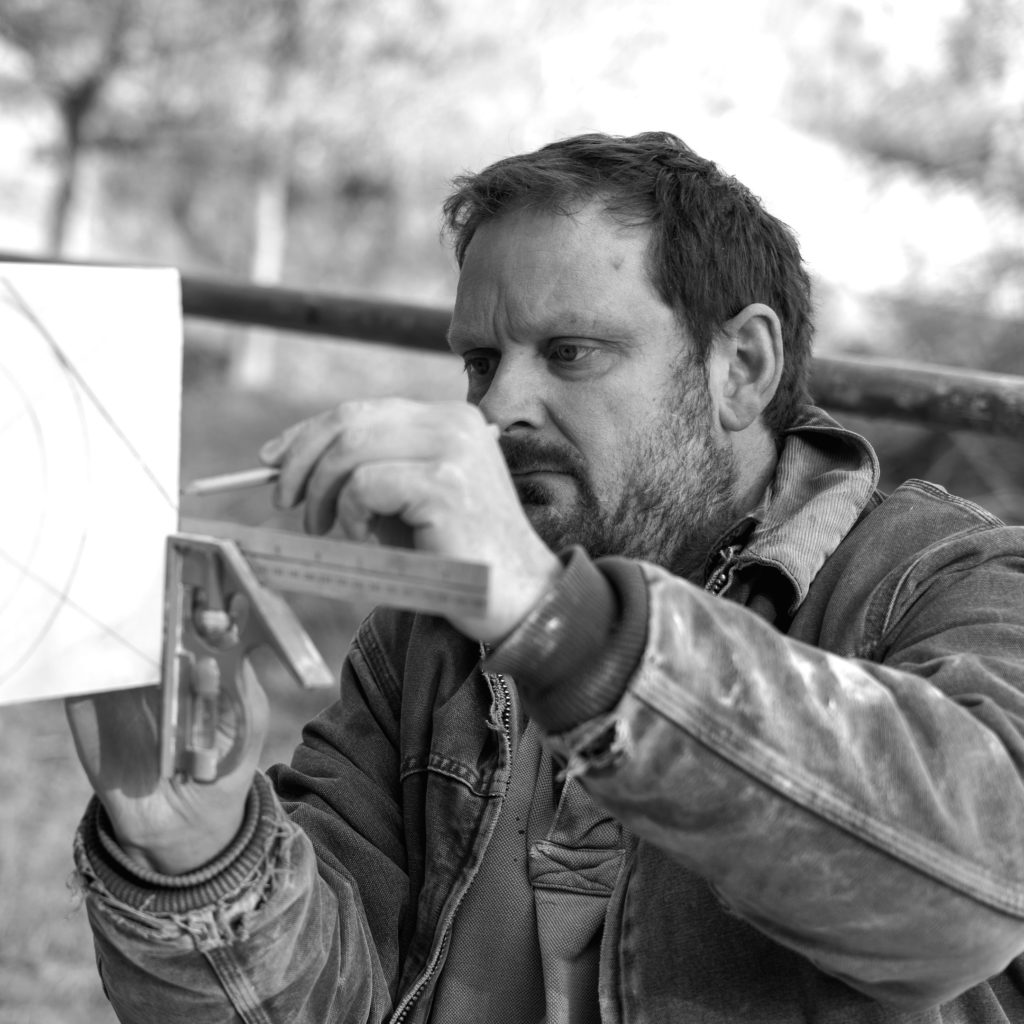


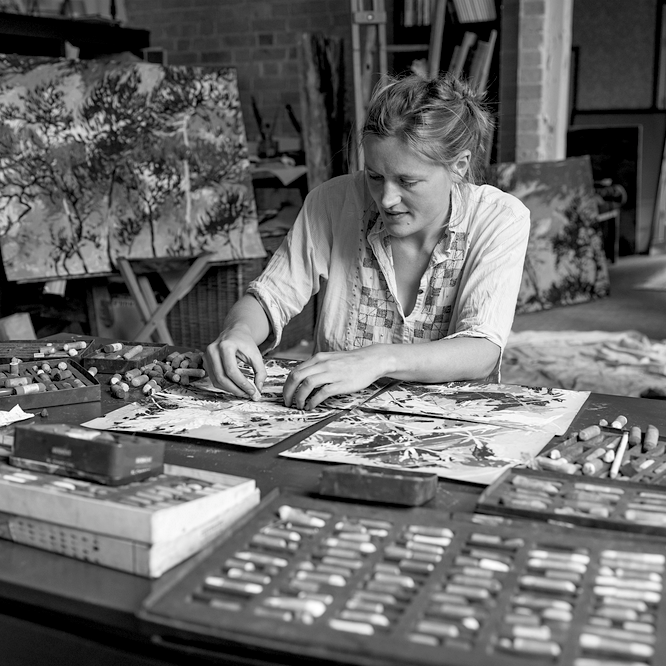
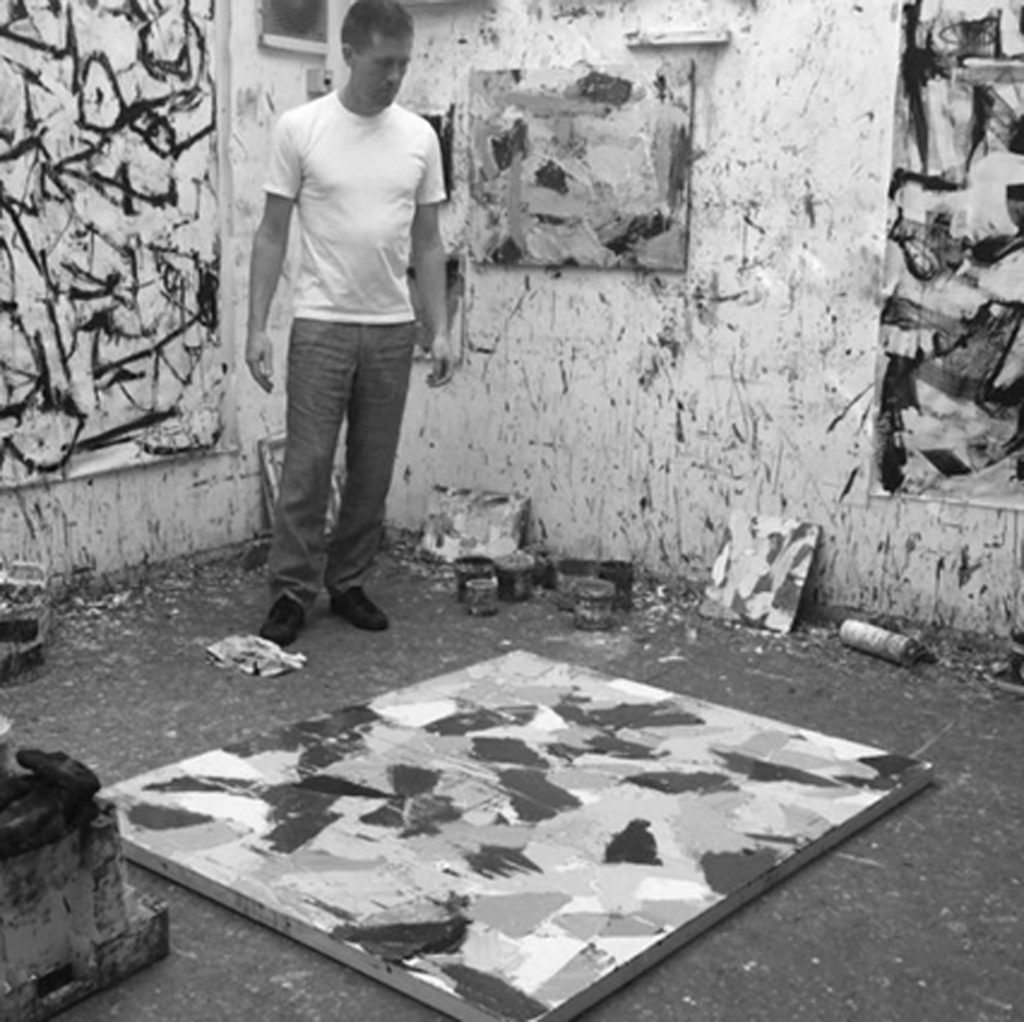
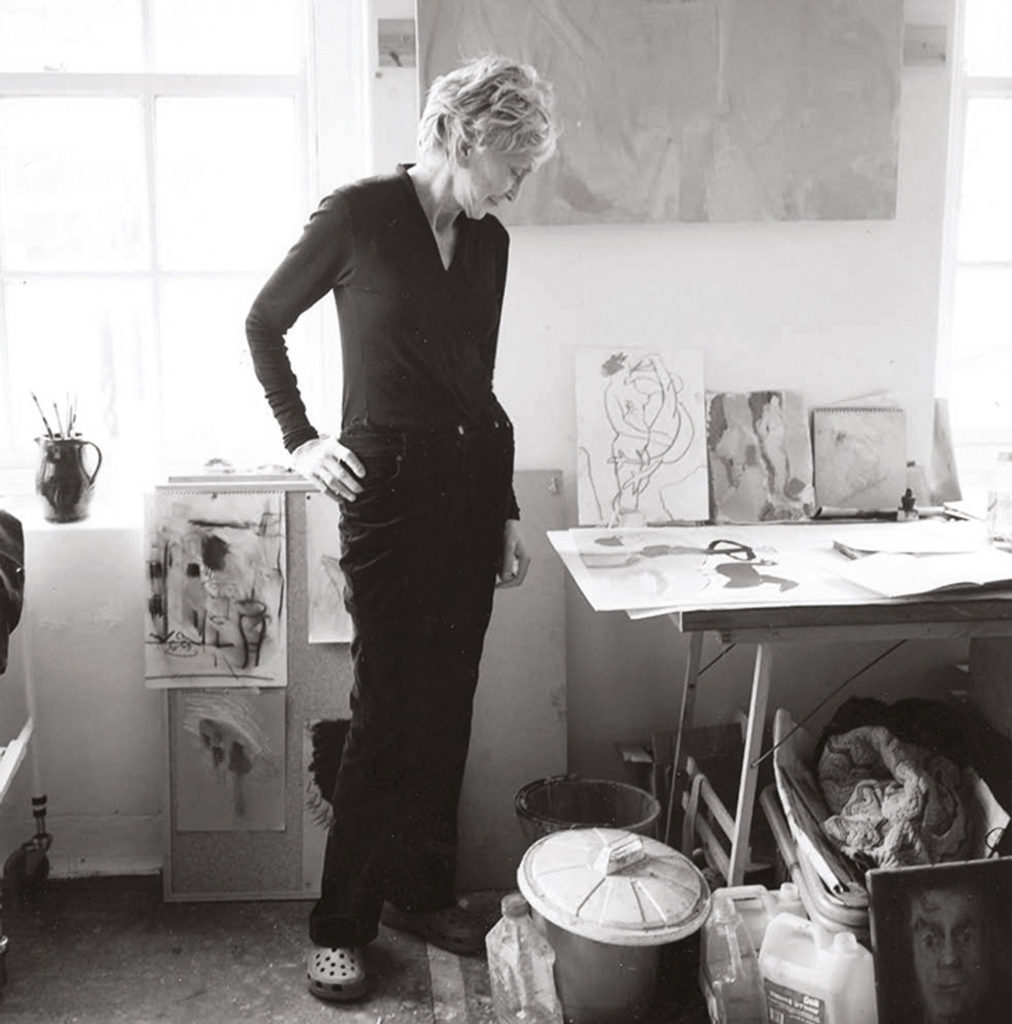
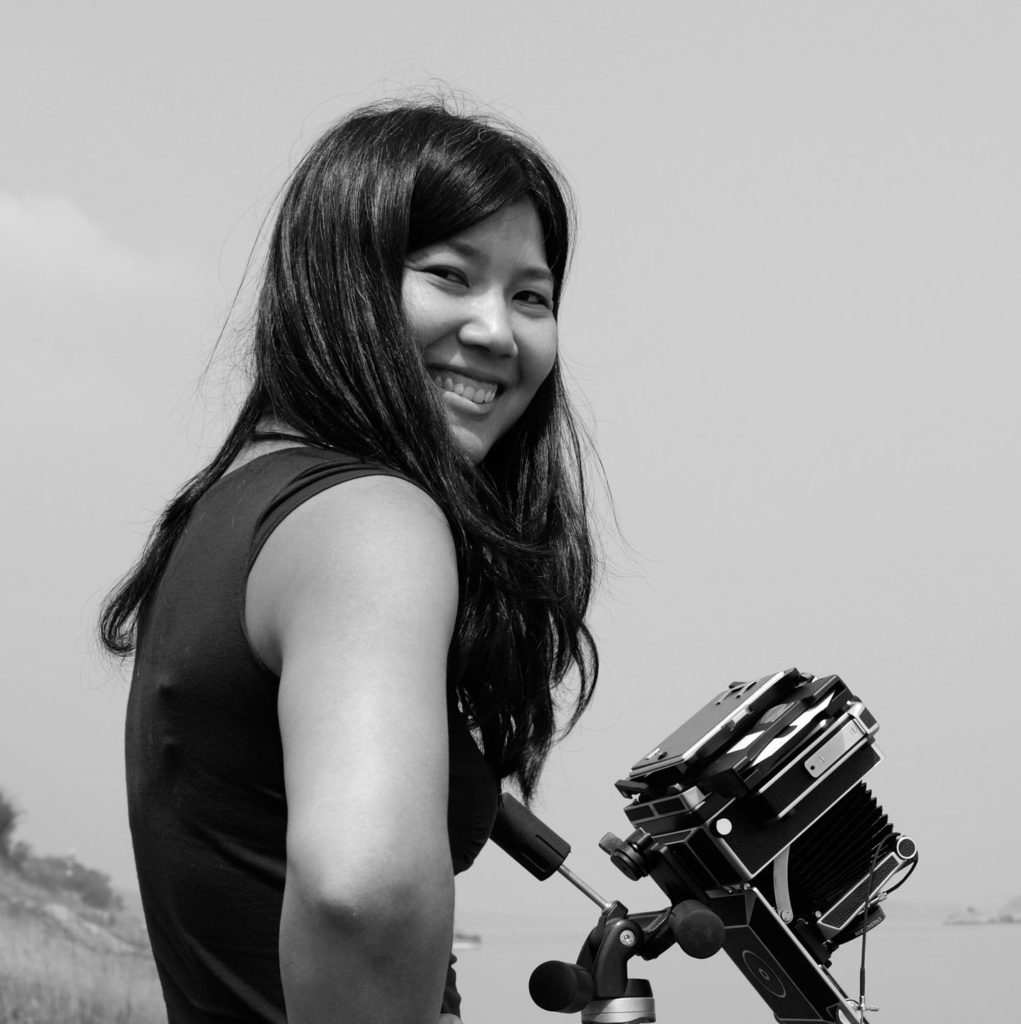
Recognised for her expert ability to excavate the humanity at the heart of landscapes, Yan Wang Preston (b. 1976, Henan Province, China) has created numerous acclaimed series which explore the mercurial relationship between people and place. Yan’s combined interest in photography and mountain climbing have had a transformative impact upon her practice; initially inspired by climber and photojournalist Galen Rowell, Yan has become known for her adventurous photographic projects which encompass a variety of physical and conceptual terrain.
After moving to the UK and attaining an MA in Photography at Bradford College, Yan began a practice-based PhD in Photography at the University of Plymouth. This was the genesis of her breakthrough work, the documentary series Mother River. Over a period of four
years (2010-2014), Yan travelled the entire 6,211km length of the Yangtze River, exploring the link between China’s topography and identity. According to the careful design of her project, Yan captured an image every 100km; these restrictions forced her to avoid several of the river’s ‘beauty spots’, enabling her to create a detailed, nuanced portrait of the Yangtze which challenges its conventional image. A related series of performative work, Hé-River Together, enlightened Yan to the active force of the Yangtze and inaugurated her embodied connection to its vitality.
Projects such as Forest (2010-2017), a series of images depicting reforestation in China, continue Yan’s focus on the association between humans and nature. Photographs of mature trees domesticated by the shopping districts and transport stations of Chongqing are juxtaposed with haunting depictions of deserted ‘model town’ landscapes in Haidong Development Zone, emphasising the moral complexities at the heart of industrialisation. Against the backdrop of a rapidly changing environment, Yan’s work invites the viewer to dwell within an experience of place, examining their own relationship to the delicate transience of natural and urban worlds.
